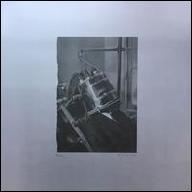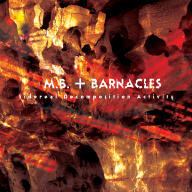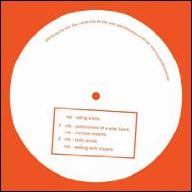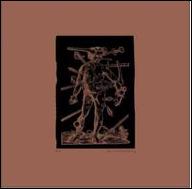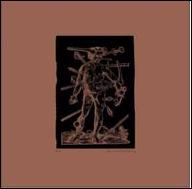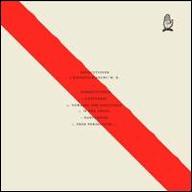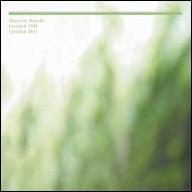Following the 1983 release of The Plain Truth LP on Broken Flag, Bianchi retired from music, having become a Jehovah's Witness. He eventually returned to music in 1998 when Emanuele Carcano of experimental label Alga Marghen offered Bianchi a label of his own. Titled EEs'T Records, the label has issued new Bianchi recordings as well as re-released material from the first phase of his career, although even these CDs have been nearly impossible to find due to their limited release. Italian label menstrualrecordings has also reissued a significant portion of M.B.'s discography, in addition to new recordings. Bianchi continued to release albums into the next century, working out of his Italian studio in the same mysterious way he always has, and collaborating with numerous experimental artists including Aube, Merzbow, and Francisco López. He retired again in 2009, but the absence didn't last long, as new releases continued on labels including Robert Leopold, Important Records, Korm Plastics, and Placenta Recordings. ~ Bradley Torreano & Paul Simpson, Rovi
Maurizio Bianchi
from Pomponesco, Italy
December 4, 1955 (age 70)
Biography
Maurizio Bianchi has been one of the most difficult artists to follow in the industrial scene, due to the limited pressings of his myriad recordings, as well as his extended absences from making music altogether. Nevertheless, he has been hailed as a pioneer of rhythmic noise and power electronics, creating harsh, disturbing, and fascinating works utilizing primitive drum machine rhythms, harsh distortion, and heavily modified found sounds. Initially releasing music under the name Sacher-Pelz in 1979, Bianchi (sometimes known by his initials, M.B.) has released countless limited-edition tapes, LPs, and live bootlegs, many of which were issued by his own Mectpyo Sounds label. William Bennett of Whitehouse offered Bianchi a recording contract with his Come Organisation in 1981, which Bianchi signed without reading, and Bennett released two albums (Triumph of the Will and Weltanschauung) credited to Leibstandarte SS MB and featuring speeches by Nazi leaders added to the music without Bianchi's knowledge or permission. Coincidentally, Bianchi's first fully consensual vinyl release, the harrowing masterpiece Symphony for a Genocide, released by Nigel Ayers' Sterile Records in 1981, consists of pieces named after concentration camps.
Top Tracks
Albums
Videos
Close


